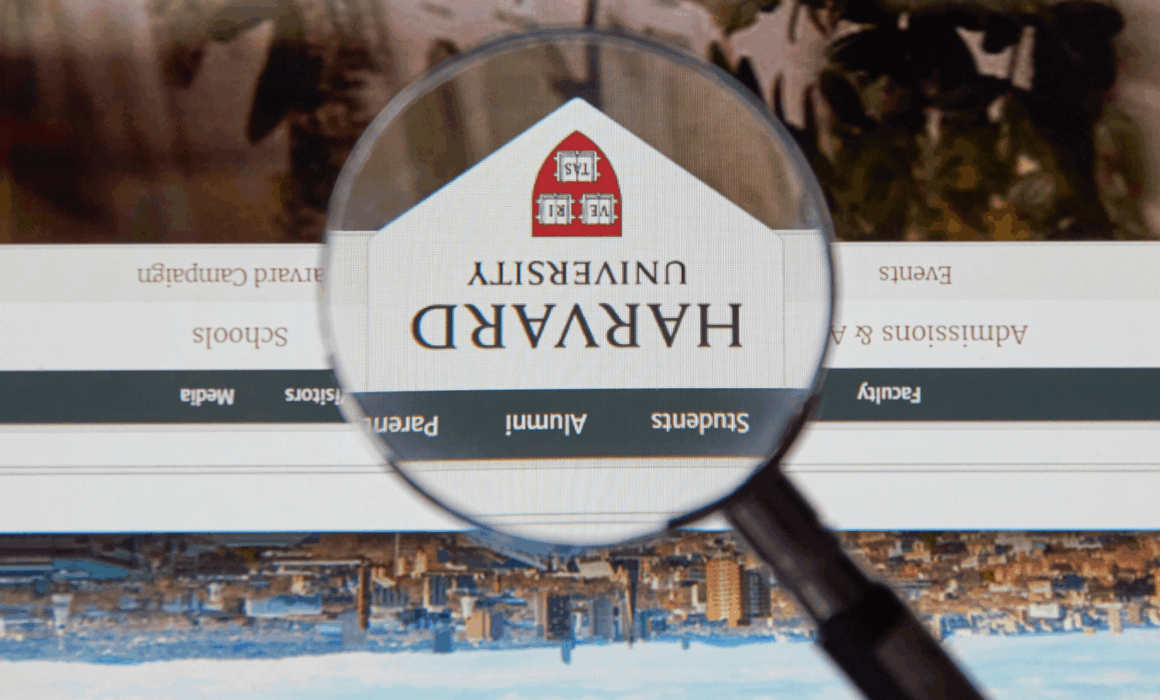
Harvard and MIT, two of America’s most powerful symbols of higher education, are now at the center of a political storm. Their campuses, nestled along the left bank of the Charles River, have become the unlikely battleground in a conflict over values, autonomy, and federal control.
The current administration has taken aim at these institutions, accusing them of turning a blind eye to antisemitism and promoting the controversial DEI (diversity, equity, inclusion) agenda. In response, Washington has frozen key federal grants and issued ultimatums.
According to The Boston Globe and The New York Times, Harvard has signaled its willingness to pay up to $500 million to resolve a standoff with the White House. The core of the dispute: accusations that the university failed to protect Jewish students during pro-Palestinian protests in 2023–2024 — a civil rights violation, according to federal officials.
As pressure mounted, the government froze $2.2 billion in federal research funding, barred Harvard from accepting international students under certain programs, and threatened further action. Despite its readiness to pay, Harvard does not admit wrongdoing and continues to push back against the idea of external oversight, which it views as an attack on academic independence.
Observers note that the issue is as much ideological as it is legal. President Donald Trump has long criticized elite universities, accusing them of abandoning traditional American values in favor of progressive politics.
“No government — regardless of party — should dictate what private universities teach, who they admit, or whom they hire,” said Harvard President Alan Garber in April.
Harvard’s firm refusal to allow outside monitors has become a key line in the sand. Nevertheless, the university remains in negotiations, seemingly aiming to buy time — or at least space — under a politically hostile administration.

Columbia University already struck a deal. In July 2025, it agreed to pay $200 million and saw partial restoration of $400 million in suspended federal grants. While the deal formally prohibits the government from interfering in academic decisions, many fear the precedent it sets.
Across the country, universities are now asking the same questions: how much compromise is too much? For private research institutions, reliance on federal funding has become a strategic vulnerability.
Now attention has turned to MIT — arguably Harvard’s intellectual twin across the Charles River. Ranked among the top five universities in the world and a longtime federal defense partner, MIT was recently thrust into the spotlight after graffiti reading “Death to the IDF” appeared on campus in July 2025. Activists blamed robotics professor Daniela Rus for collaboration with Israel’s Ministry of Defense, citing her lab’s open-access research in military AI.
MIT President Sally Kornbluth condemned the act and called for criminal charges against those responsible.
At the same time, the Brandeis Center (a legal nonprofit, unaffiliated with Brandeis University) filed a lawsuit accusing MIT of fostering a hostile environment toward Jewish and Israeli students. The plaintiffs include an Israeli lecturer and a former Jewish PhD student who left after conflict with a tenured professor accused of antisemitic rhetoric.
MIT denies the allegations and says it will vigorously defend itself in court.
Ivy League universities are facing a level of political pressure not seen since the McCarthy era. Presidents serve four-year terms. Laws shift. Rhetoric escalates. But Harvard has stood for over 400 years. MIT has spent nearly a century advancing U.S. defense technologies through federal partnership. A step back now may not be capitulation — it may be survival.
History teaches that academia has weathered fear, censorship, and political storms before. And it reminds us: a university is not a budget line. It is a place where knowledge is pursued, where ideas are born — even under scrutiny. Even under threat.
Понравилось? Подписывайтесь на наш дайджест в Facebook, Instagram, Telegram – в нем мы рассказываем об истории и о сегодняшнем дне Америки, и в первую очередь о том, что происходит в Бостоне и Массачусетсе.
Звоните также для получения консультации или организационной помощи, если собираетесь в США, по делам и не только.